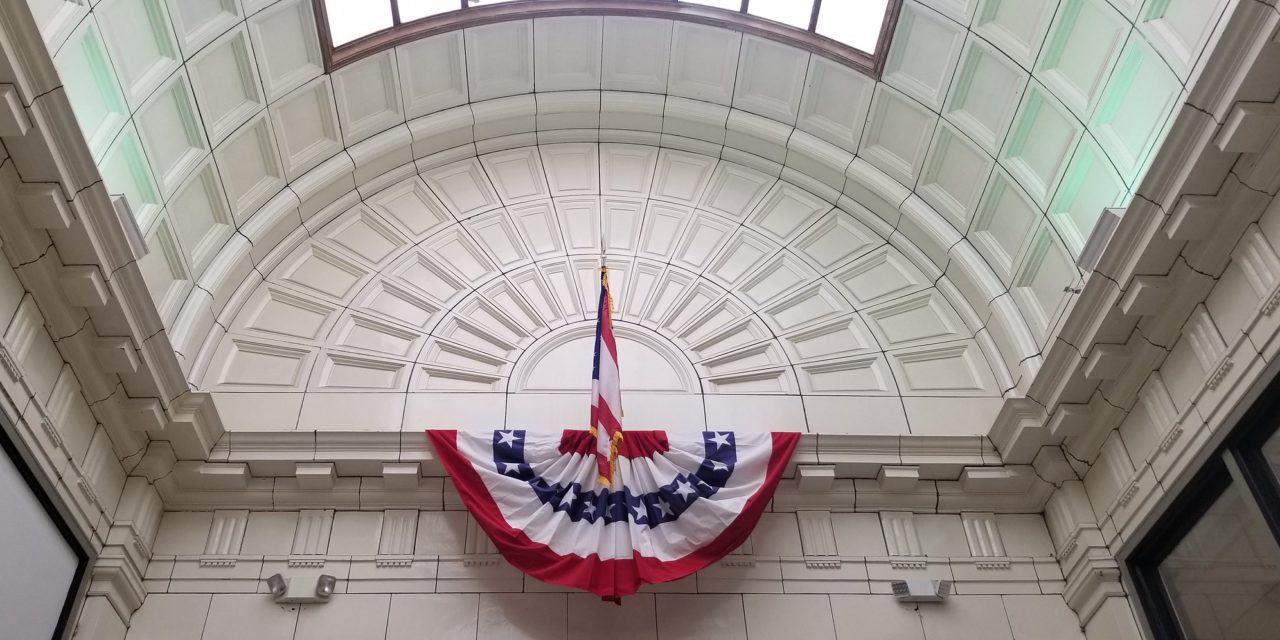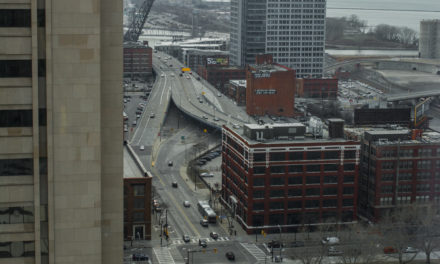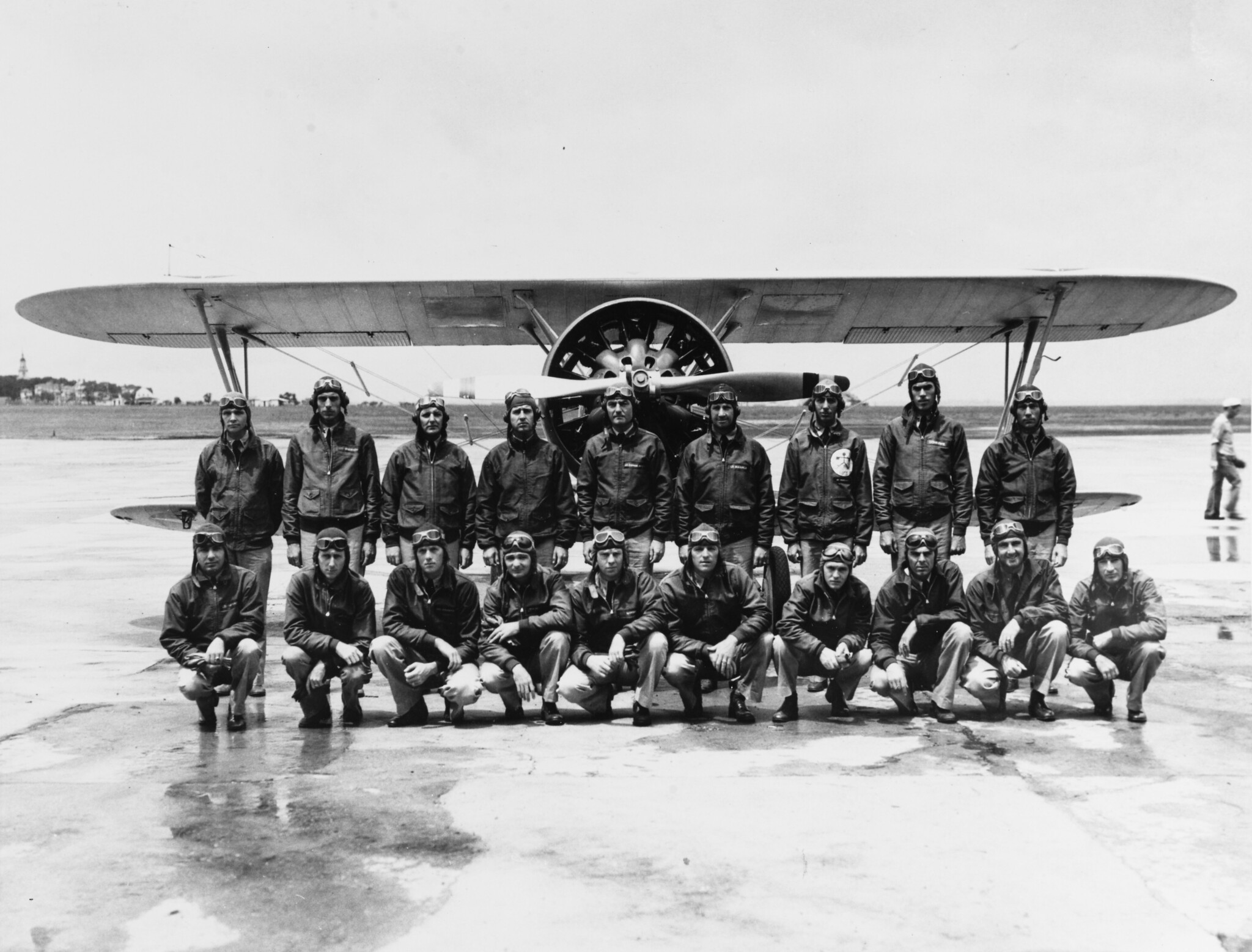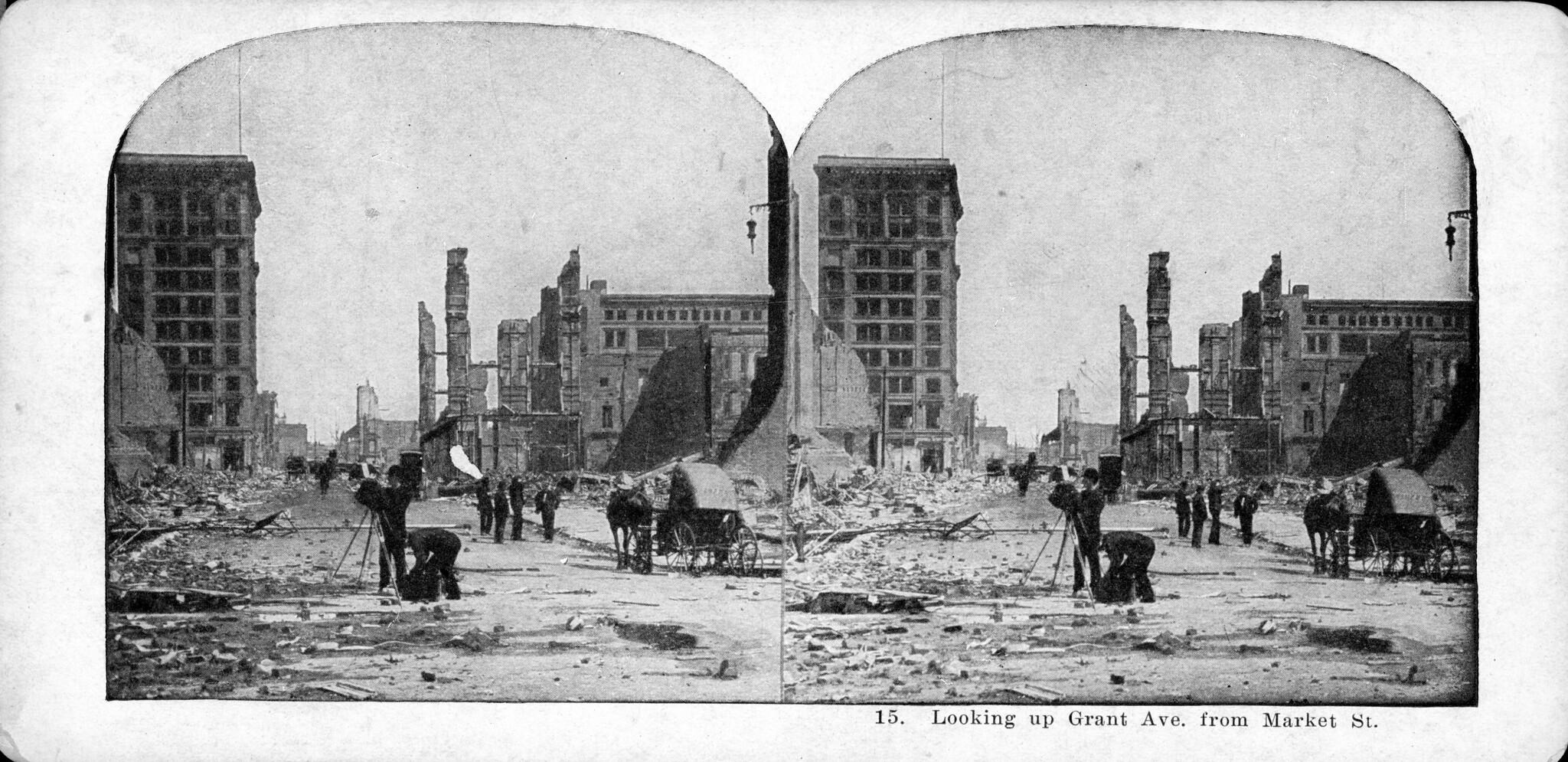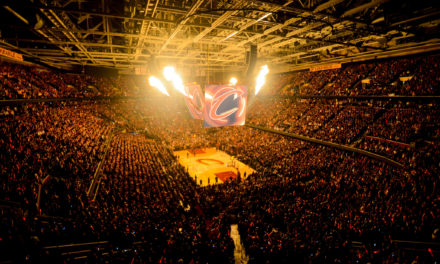Cleveland History
- February 19, 2003: The city of Cleveland officially designated “The Arcade” in downtown Cleveland as a landmark. Built in 1890, it’s one of the oldest indoor shopping arcades in the United States.
- February 20, 1962: John Glenn, a U.S. Marine Corps aviator, engineer, astronaut, and U.S. Senator from Ohio, became the first American to orbit the Earth. While the event itself took place far from Cleveland, Glenn’s Ohioan heritage made it a point of pride for the city.
- February 21, 1881: The founding of the Cleveland Clinic in 1921 was spearheaded by initiatives that were being discussed and developed in the medical community of Cleveland during this time.
- February 23, 1968: The Cuyahoga River caught fire near Cleveland due to pollution, leading to national outcry and contributing significantly to the environmental movement in the United States, including the establishment of the Environmental Protection Agency (EPA) and the Clean Water Act.
- February 25, 1935: The Great Lakes Exposition planning took a significant step forward with city officials and civic leaders in Cleveland working to organize the event that would showcase the region’s achievements and stimulate the economy during the Great Depression. The exposition itself ran in the summers of 1936 and 1937.
World History
- February 19, 1945: The Battle of Iwo Jima began during World War II. American marines landed on Iwo Jima and engaged in one of the fiercest and bloodiest battles against Japanese forces.
- February 20, 1962: John Glenn became the first American to orbit Earth, aboard the Friendship 7 spacecraft, marking a significant moment in the space race between the United States and the Soviet Union.
- February 21, 1965: Malcolm X, an African American nationalist and civil rights activist, was assassinated while speaking at the Audubon Ballroom in Manhattan, New York City.
- February 24, 1989: Ayatollah Ruhollah Khomeini, the Supreme Leader of Iran, issued a fatwa calling for the assassination of British Indian author Salman Rushdie, due to the publication of his novel “The Satanic Verses,” sparking global controversy and debates on freedom of expression.
- February 25, 1986: The People Power Revolution in the Philippines reached its climax, leading to the end of Ferdinand Marcos’ 20-year presidency and the restoration of democracy in the country with the inauguration of Corazon Aquino as President.

